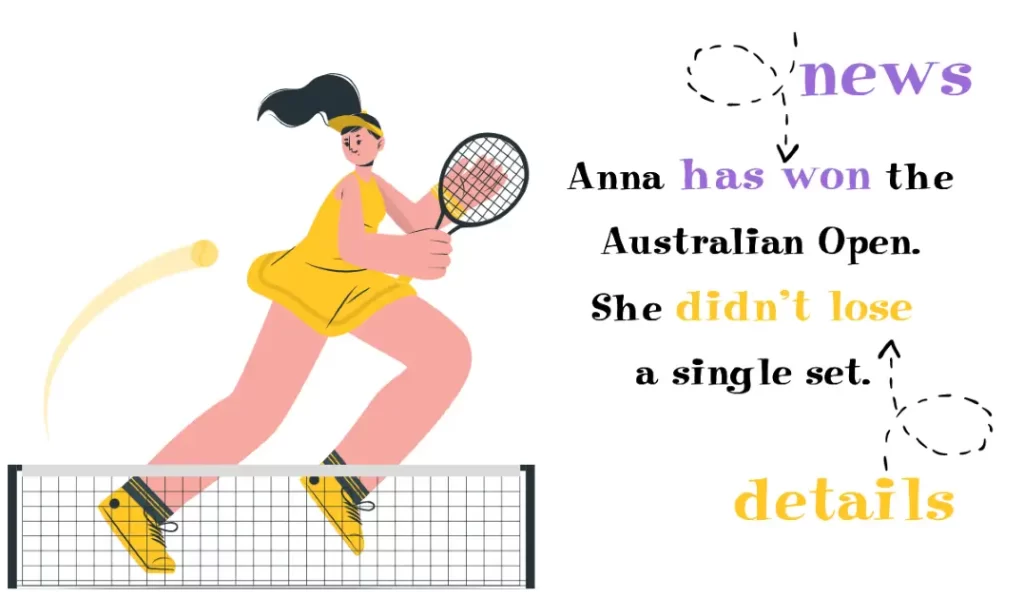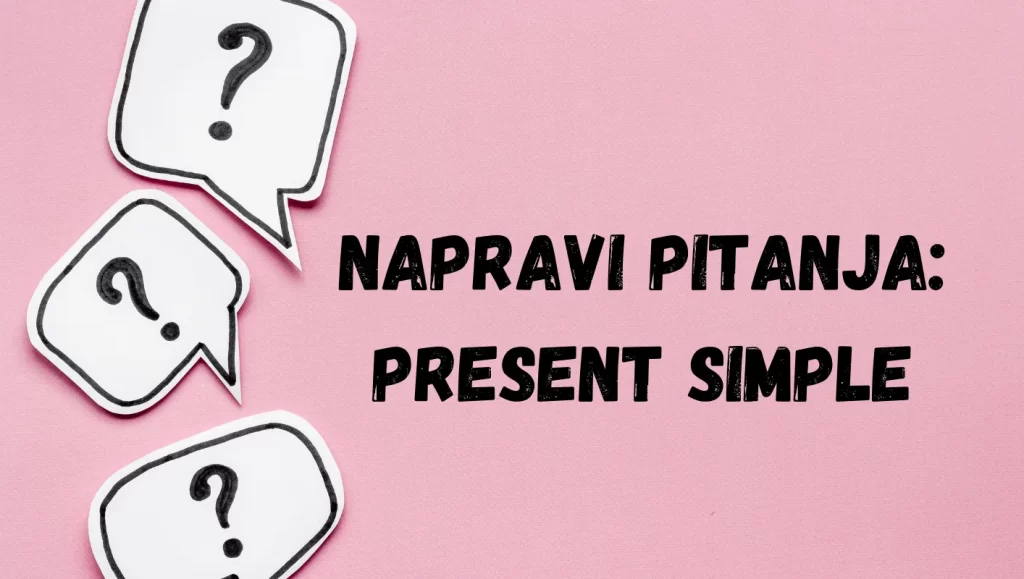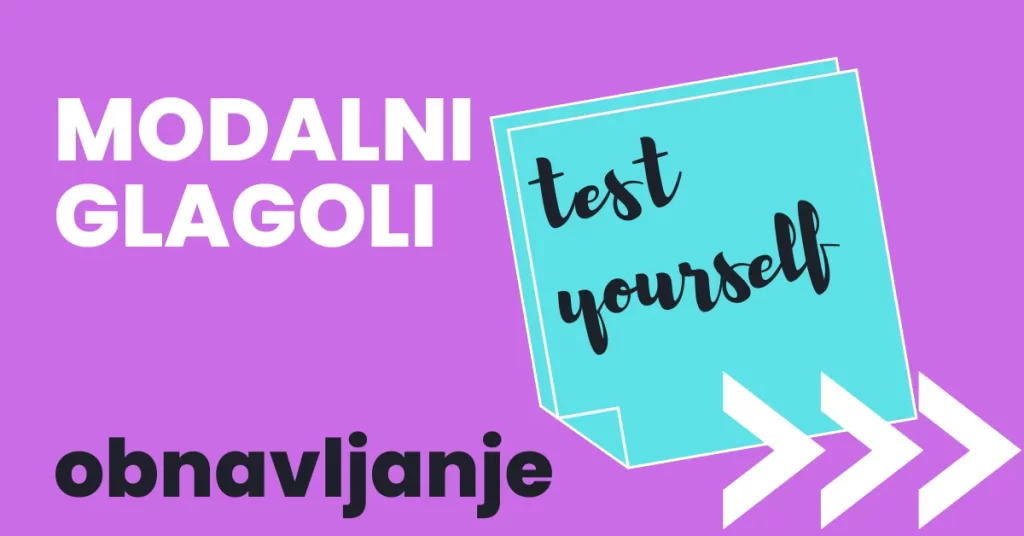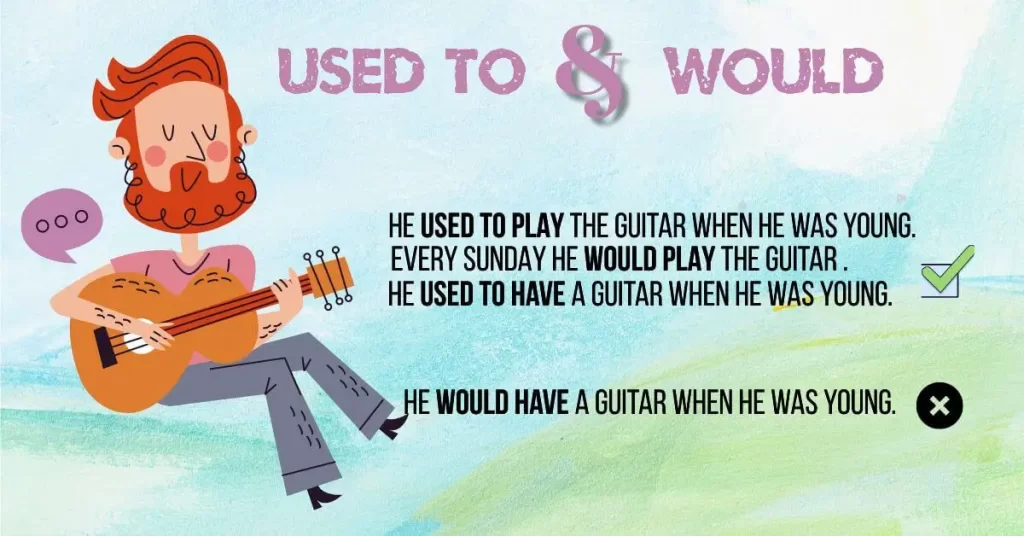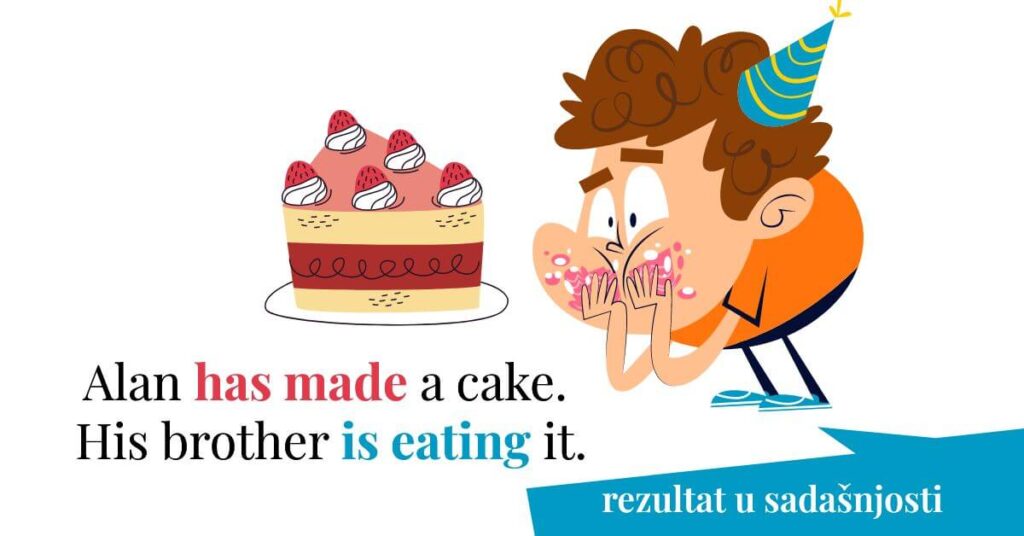
Radnje iz prošlosti koje imaju rezultat u sadašnjosti.
- Alan has made a cake. (result: There is a cake we can eat now)
- Has anyone seen my jacket? (result: I can’t find it)
- I’ve broken my leg. (result: I can’t play basketball now.)
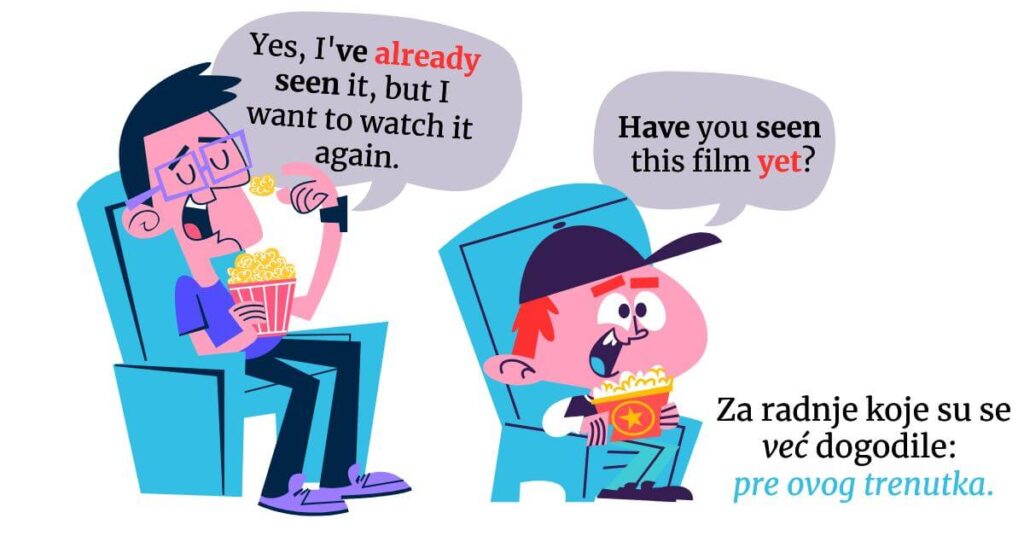
Just, Yet, Still & Already
- I’ve already seen that film.
- He has just arrived from Rome.
- I’ve already been there.
- Have you finished your homework yet?
- He hasn’t eaten yet.
- I still haven’t found my jacket.
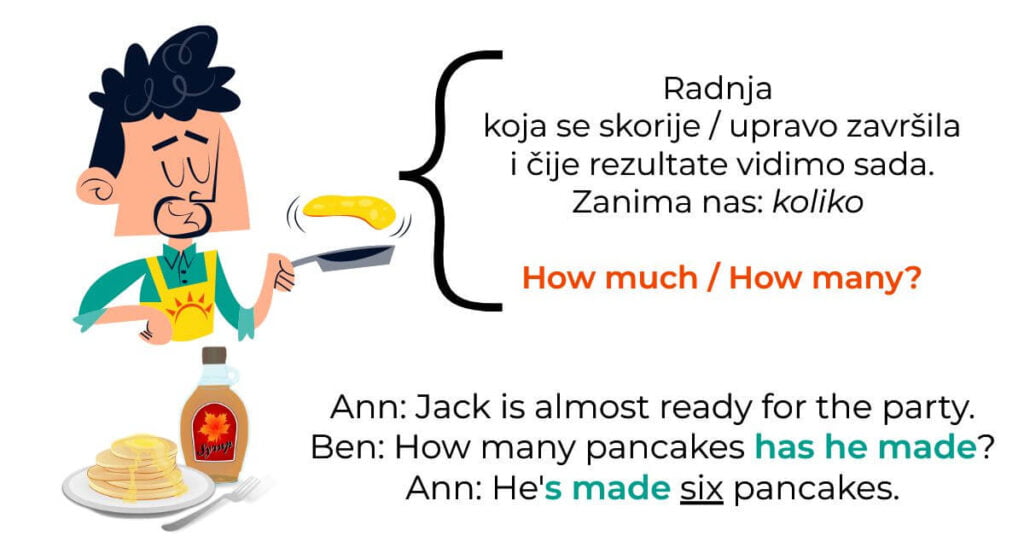
How much / How many?
- How many books have you read so far?
- She’s baked four chocolate cakes and made some ice cream.
- How many times have you seen this film?
- How many times has Manchester United beaten Real Madrid?
- How much money has he lost so far?
- I’m tired. I’ve read 100 pages and I need to take a break.
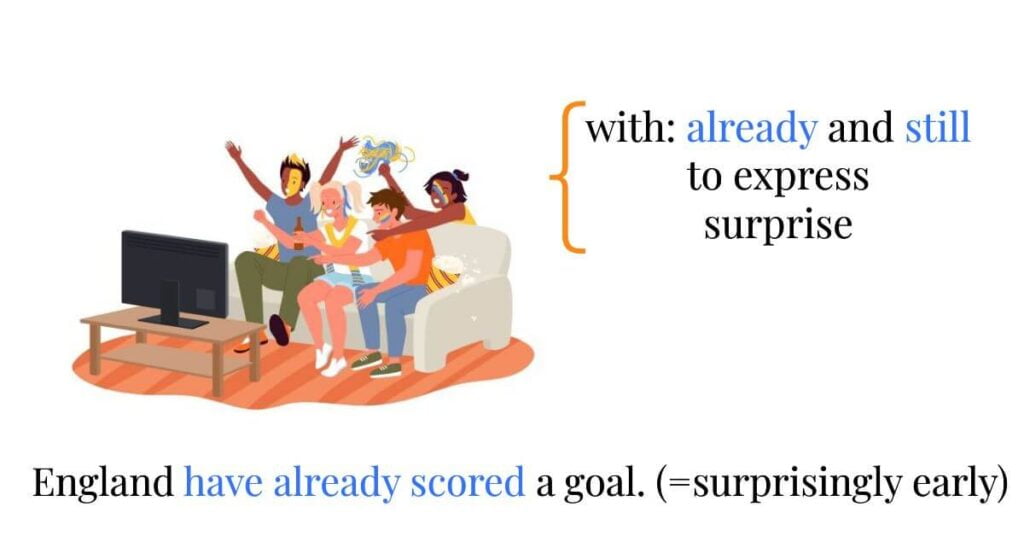
Still & Already = surprise
- Our bus still hasn’t arrived.
(We expected it to arrive before now) - The postman hasn’t been yet.
(We expected him before now, he’s late) - You must be joking! She‘s already had a baby?
(We didn’t expect her to have a baby so soon) - It’s been days and dad still hasn’t finished painting the room.
(We expected it to be over much sooner)
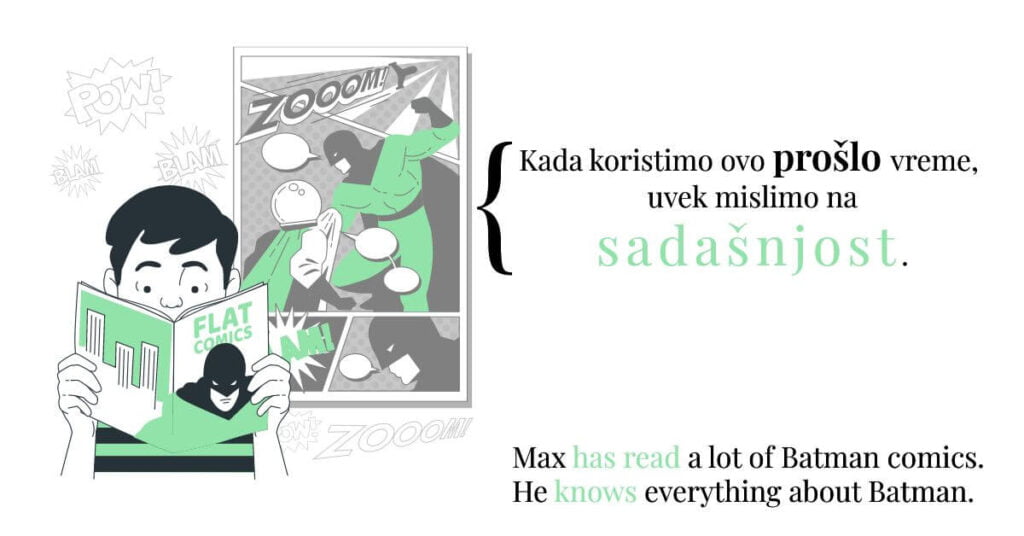
Nikada ne koristimo Present Perfect, ukoliko ne mislimo na sadašnjost. Uporedi:
- I’ve travelled in Africa a lot. (I know Africa well)
- Some people think that Shakespeare travelled a lot in Germany. (Shakespeare isn’t alive, so we can’t think about what he’s doing)
- We’ve learnt enough to pass the exam. (The exam is yet to come)
- We learnt enough to pass the exam. (The exam is over)
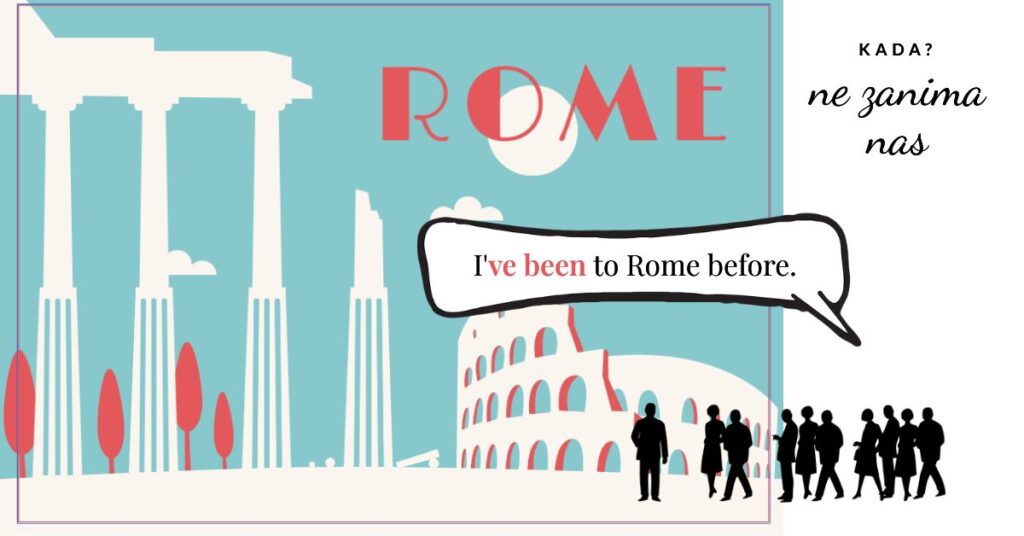
Ne zanima nas kada se radnja dogodila
- Have you seen Romeo and Juliet?
- I’ve been here before.
- I’ve heard of that name before.
- I’ve seen him before, but I can’t remember when.
Past Simple se uvek interesuje za: ‘kada’.
- I’ve seen him before, but I can’t remember when.
- When did you see him? ~ I saw him three days ago.
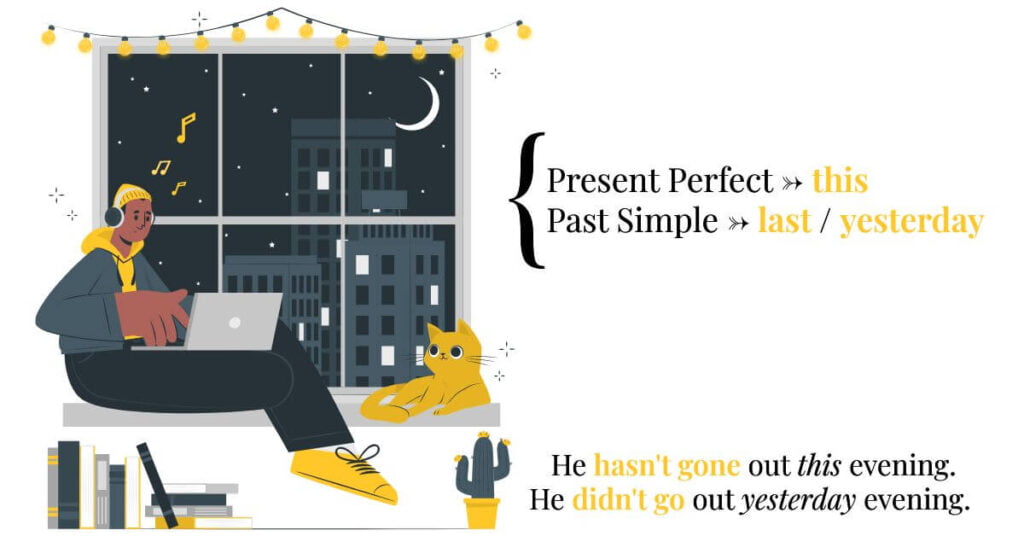
Za razliku od Past Simple: last year /month…
Present Perfect se interesuje za: this
- I haven’t been to the cinema this week. (ova nedelja još uvek traje=
- She hasn’t eaten anything this afternoon. (još uvek je popodne)
Uporedi:
- I haven’t seen him this morning. (It’s still morning)
- I didn’t see him this morning. (It’s the evening)
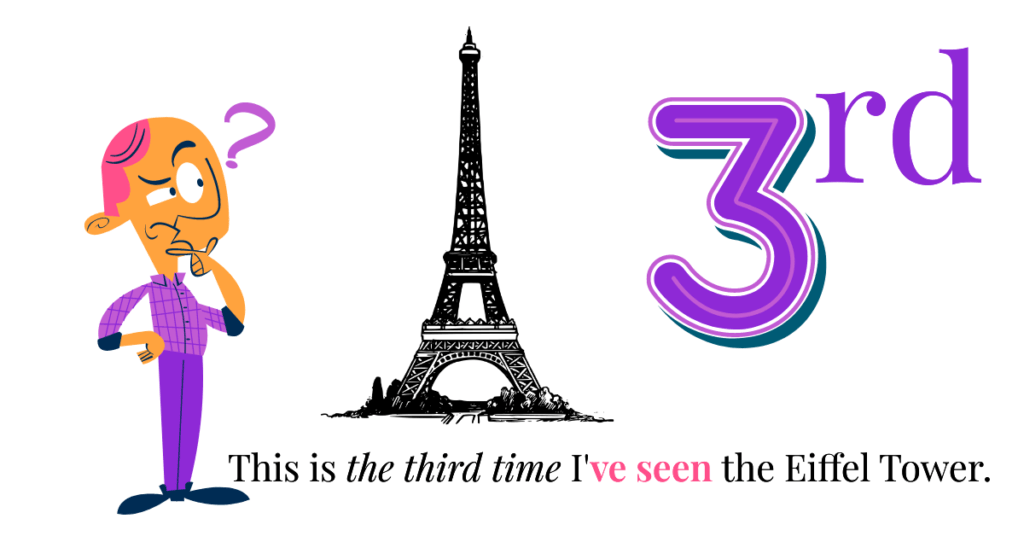
Kada želimo da kažemo koji je put da nam se nešto dešava.
- Oh, no – This is the third time I’ve seen this film. Let’s watch something else.
- This is the second time I’ve had flu this winter.
Uporedi:
- This is the tenth time I’ve told you to tidy your room.
- That was the first time he saw the Eiffel Tower. He was excited.
grammar
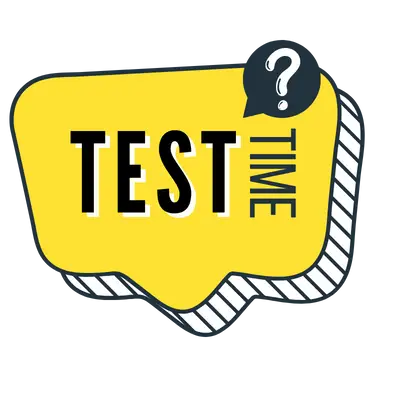
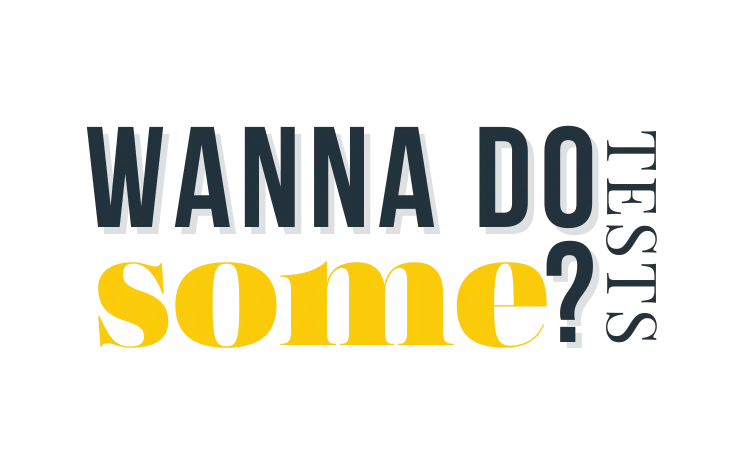
Lorem ipsum dolor sit amet, consectetur adipiscing elit. Ut elit tellus, luctus nec ullamcorper mattis, pulvinar dapibus leo.
Lorem ipsum dolor sit amet, consectetur adipiscing elit. Ut elit tellus, luctus nec ullamcorper mattis, pulvinar dapibus leo.
Lorem ipsum dolor sit amet, consectetur adipiscing elit. Ut elit tellus, luctus nec ullamcorper mattis, pulvinar dapibus leo.
Lorem ipsum dolor sit amet, consectetur adipiscing elit. Ut elit tellus, luctus nec ullamcorper mattis, pulvinar dapibus leo.

